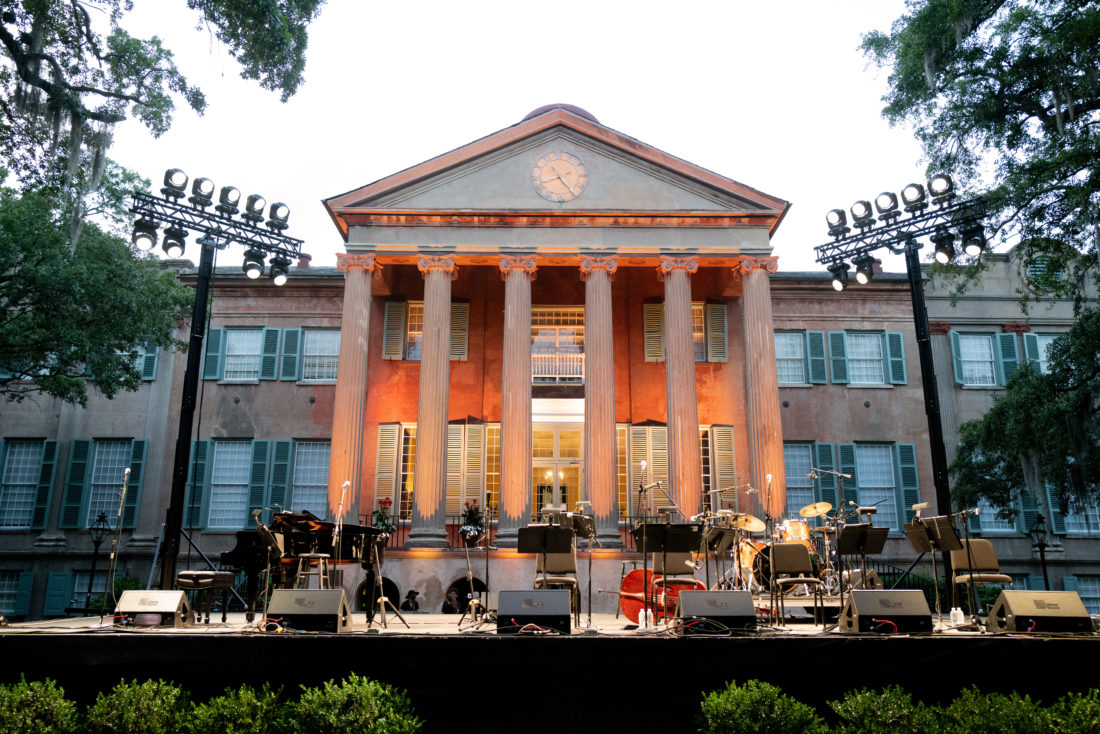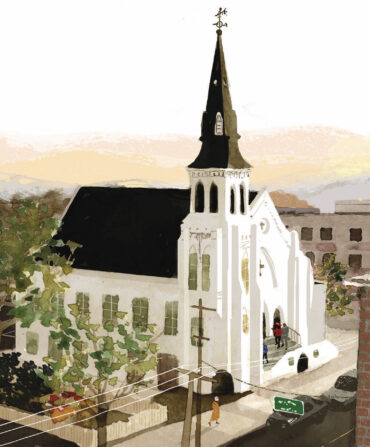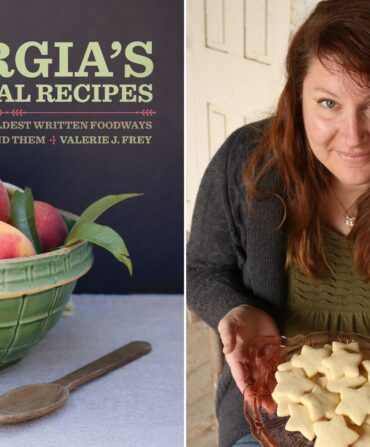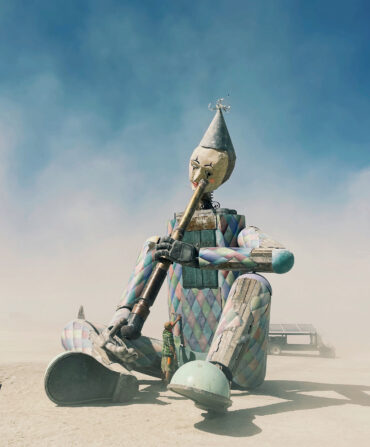Every spring since 1977—save for last year, at the advent of the pandemic—Spoleto Festival USA has brought top-tier orchestras, tap dancers, acrobats, opera singers, and more to Charleston, South Carolina, turning churches into theaters and the streets into galleries to celebrate all forms of the performing arts. For thirty-five of those years, the festival, inspired by one founded in Spoleto, Italy, was overseen by longtime general director Nigel Redden. But last year, Redden announced his retirement, making way for a new era helmed by Mena Mark Hanna, currently a founding dean and professor of musicology and composition at Barenboim-Said Akademie in Berlin, Germany.
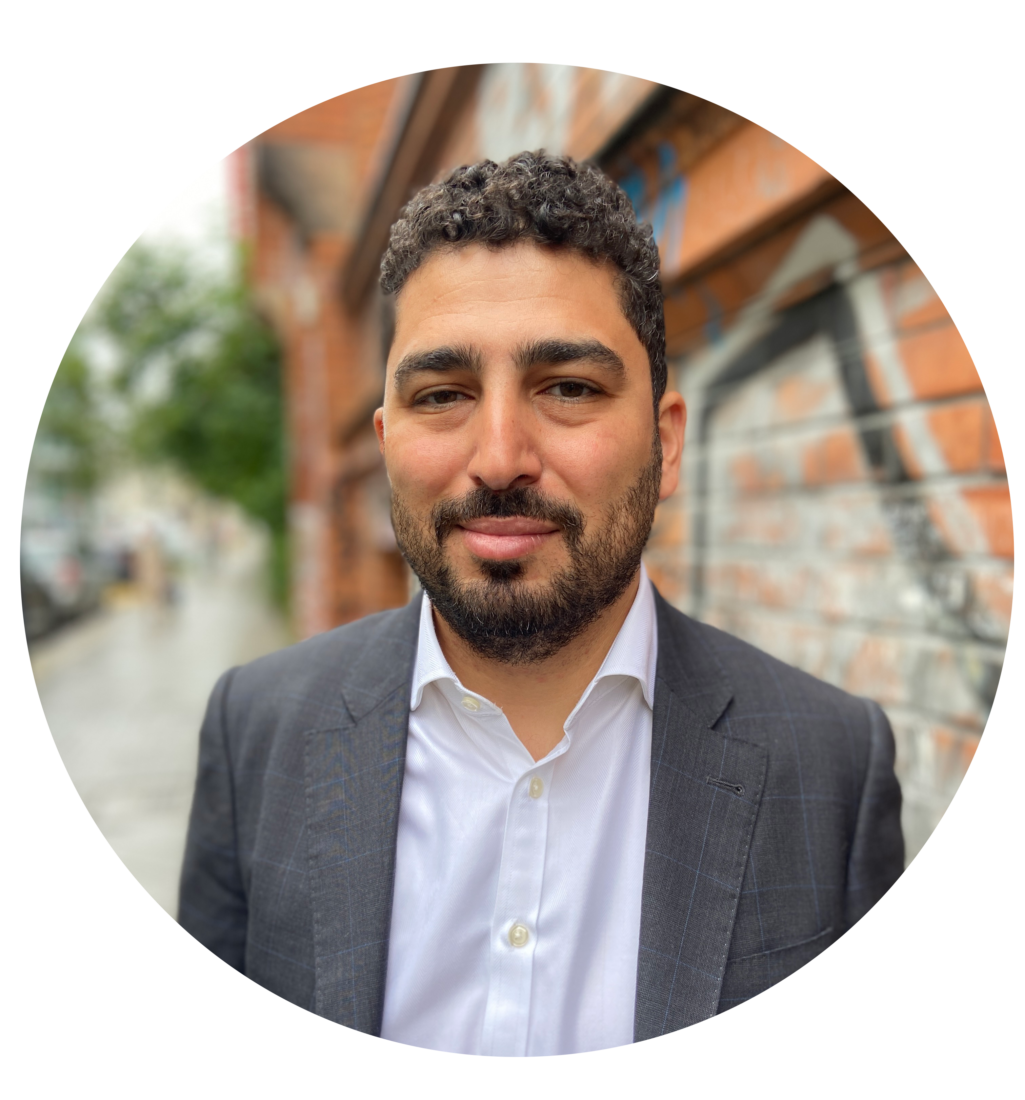
“I have a PhD in critical writing and composition, and while I do love research, I’m more interested in building things and seeing how they come together,” says Hanna, who will move to Charleston in October to begin preparations for next spring’s festival. And though the Holy City is a far cry from the ancient streets of Berlin, Hanna is no stranger to the American South: Before moving to Germany, he worked as the assistant artistic director at Texas’s Houston Grand Opera.
“Nigel has built the festival to a place of renown throughout the world,” Hanna says of his predecessor. “He’s created lasting connections that I want to continue to innovate and expand on.” We spoke with Hanna about this vision and how he sees it coming to fruition in Charleston.
How would you describe your hopes for Spoleto?
I want the festival, more than anything, to tear down boundaries. The past two years have just been incomprehensible in the way life has changed. Twenty-nineteen is a completely different place than 2021, and who knows what 2022 will look like. We are still dealing with and reeling from the pandemic and confronting history in a new way, examining how the past has shaped the present and the future like never before. Coming into 2022, it’s a whole new world, and our job at Spoleto is to imagine what that world can look like. I think this festival can be the engine of our cultural ecosystem. Art has the ability to confront, be cathartic, and show us what it means to be human. More than anything, it shows us that “they” are no different than “us.”
What are some of your inspirations when thinking about the future of the festival?
I just got back from spending ten days in Spoleto, Italy, the site of the original festival. A friend of mine has a house there, so I’ve been there probably four times now. I get a lot of inspiration for our festival by just seeing the origin point and jumping off from things they’ve done. For instance, there is a 1962 exhibition called Sculpture in the City, in which they brought in artists to build permanent structures that are still there today. These modern sculptures beside the ancient architecture is a sign of what art can be here, too. Art can be a part of our every day.
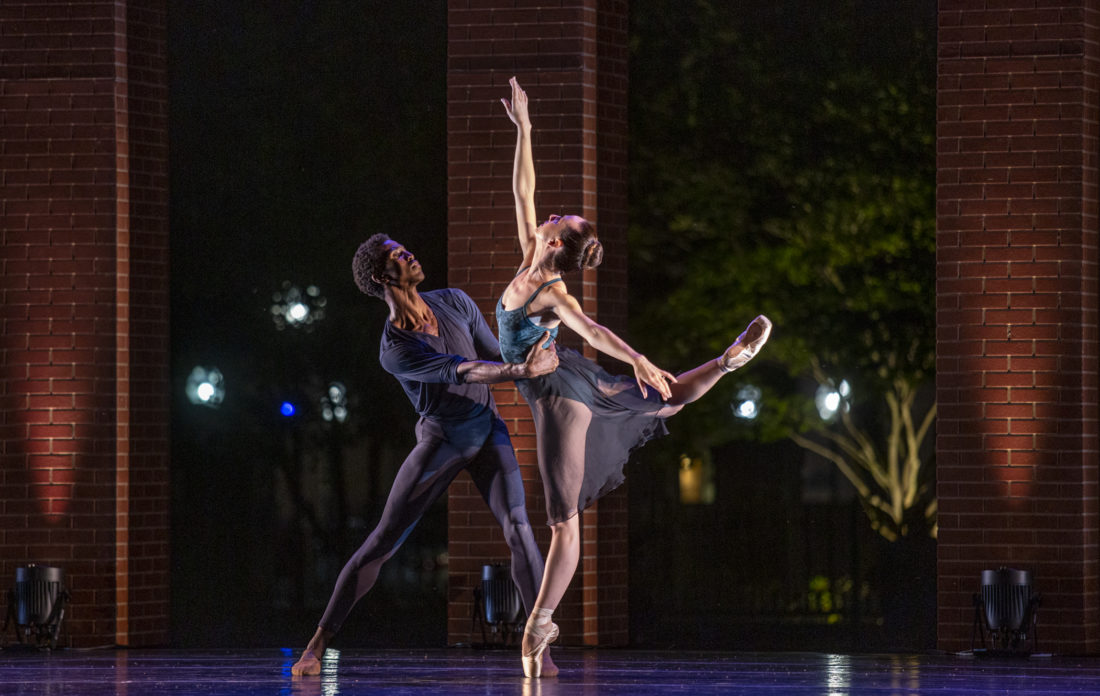
You’ve said that you want to make this a festival of the entire South, not just Charleston.
The South is already a cultural cornerstone, and in our new reality, we have to focus more regionally. I want the festival to focus on the cultural uniqueness that already exists in the Southeast. There is so much richness and diversity throughout the South. You see that identity in the region’s food; we should be able to see it in our art, too.
Who is your ideal Spoleto performer, living or dead?
I’m fascinated by combining different artists who I think have synchronicity but may not seem to go together. An example of people who are no longer alive: I would love to see [The Shining and Dr. Strangelove director] Stanley Kubrick direct Benjamin Britten’s opera The Turn of the Screw, based on a very creepy novella by Henry James. I’m interested in mashups. Like how do gospel music and Monteverdi’s vespers intersect?
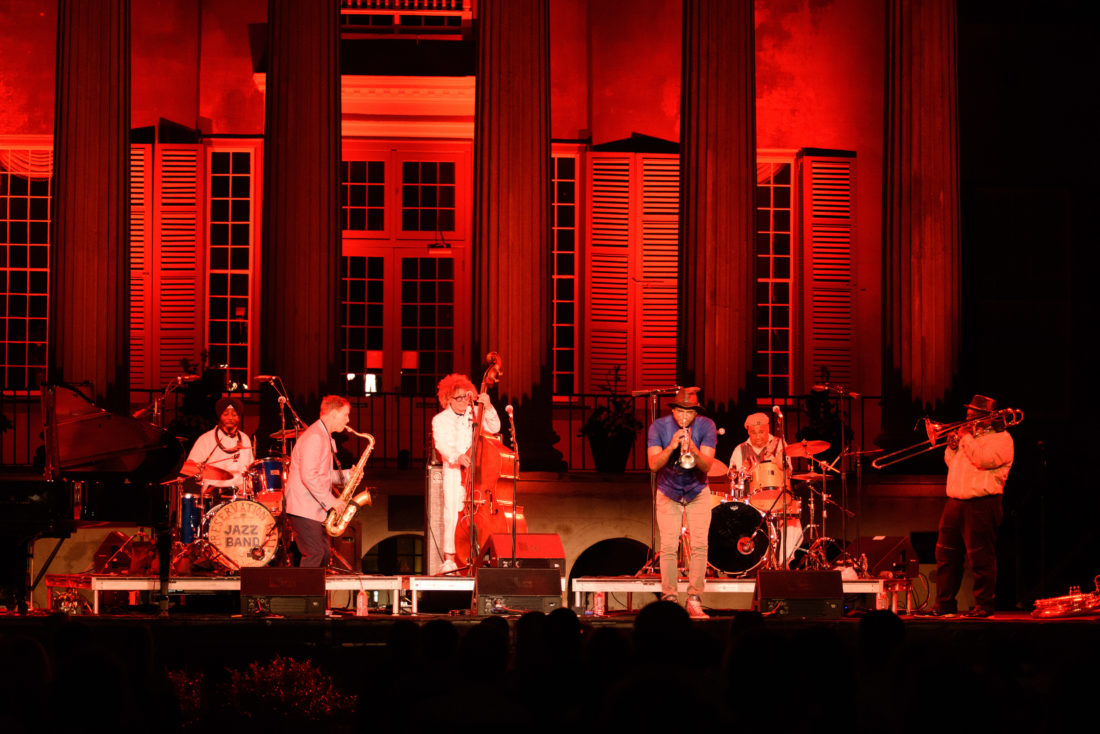
You, your wife, Sarah, and your son will be moving to Charleston this fall. What are you most excited about?
I’m Egyptian—my father is from Alexandria and my mother is from Cairo. Alexandria is a port city with cuisine influence from all over, and the way my dad played with cuisines when I was growing up endowed me with a great love of food and cooking. So, Charleston is obviously an exciting place from that perspective. My wife is Irish and loves being by the sea, and I grew up in New Jersey, so I’m looking forward to getting back to that, too. I’m also excited to just live in the United States again and participate in the urgent discussion about what it means to be American. I have a sixteen-month-old son who’s half Egyptian and half Irish and was born in Germany. What does it mean for him to be an American?


